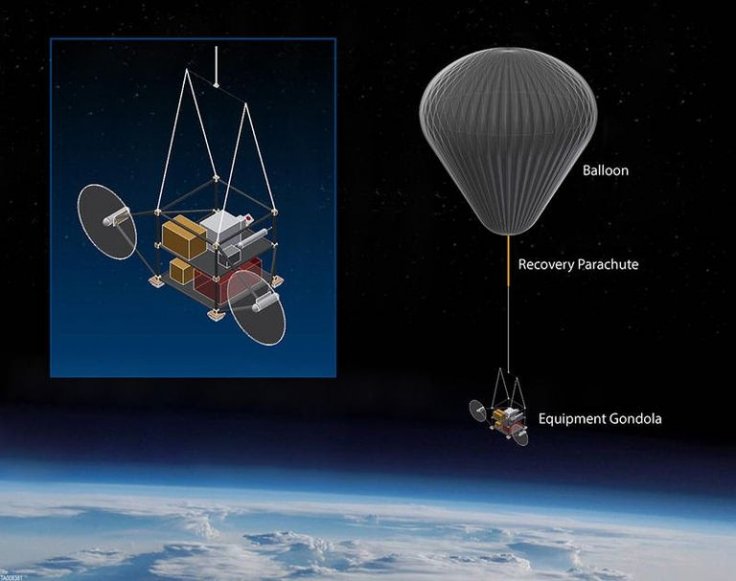Bill Gates is funding a controversial Harvard University 'Solar Geoengineering Research Program' which will soon launch an in-depth study researching on how to block sun rays from reaching the Earth's surface and dim the raising temperature to cool off the Earth.
The controversial study was set to take place in Sweden in June 2021 and the Harvard committee said it is postponing the research to 2022 due to ethical reasons. The project is estimated to cost around $18 billion or more, on par with NASA's annual budget.

What is Geoengineering?
Geoengineering is a term used for technologies that try to alter Earth's natural physical qualities on the largest scale possible.
One example of Geoengineering is cloud seeding, where airplanes flush clouds with particulate matter in order to rain and another example is Carbon capture, where emissions are taken and sequestered beneath the Earth's surface.
Scientists have previously put across the idea of deflecting sunlight away from Earth using aerosol particles in the atmosphere but was seen as a fringe idea and never received any funding.
In fact the National Academies of Sciences, Engineering, and Medicine (NASEM) had urged the U.S government to release at least $100 million to study solar geoengineering, a controversial technology and the plan did not move forward.

Why is Geoengineering So Controversial?
The experiment to deflect sun rays from reaching Earth's surface never took off up until Bill Gates stepped in saying he would fund the research along with other rich unnamed donors.
Though the mechanism of an aerosol solar geoengineering study looks simple on paper, the physical structure of aerosol particles to literally block sunlight is much more complex and a failed experiment can be catastrophic to life on Earth.
Critics who oppose the study fear injecting particles into the stratosphere could damage the ozone layer and disrupt ecosystems.
The 'Climate Intervention Biology Working Group' has come forward and warned the Harvard committee that dimming the sun could have additional consequences for Earth's organisms, including threatening the life of human beings.
Not all scientists are excited about the upcoming Geoengineering project and many feel this to be a wake up call to oppose altering sunlight from reaching the Earth.
"The scientific community is divided regarding geoengineering," the state-owned Swedish Space Corporation (SSC), which operates Esrange said in a statement.









